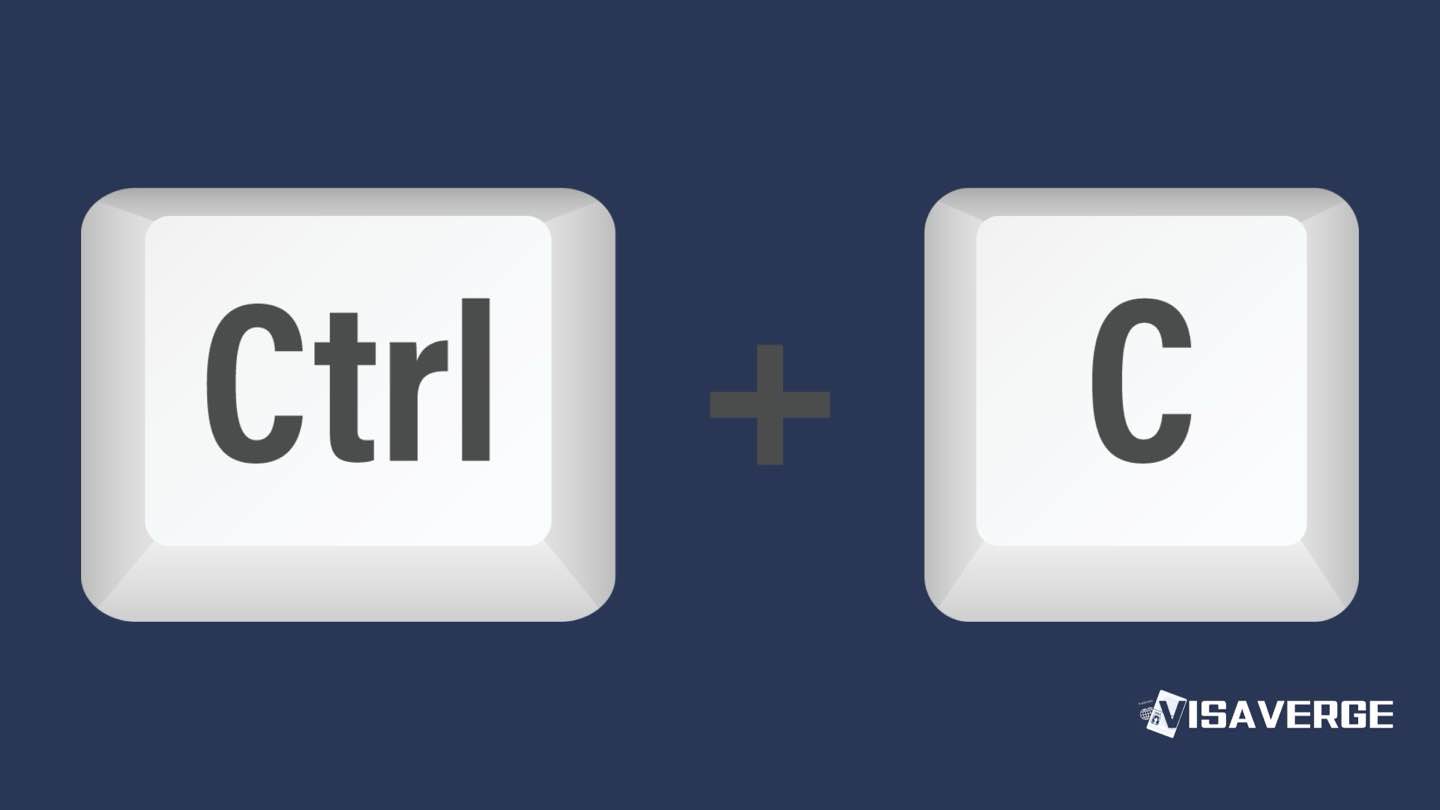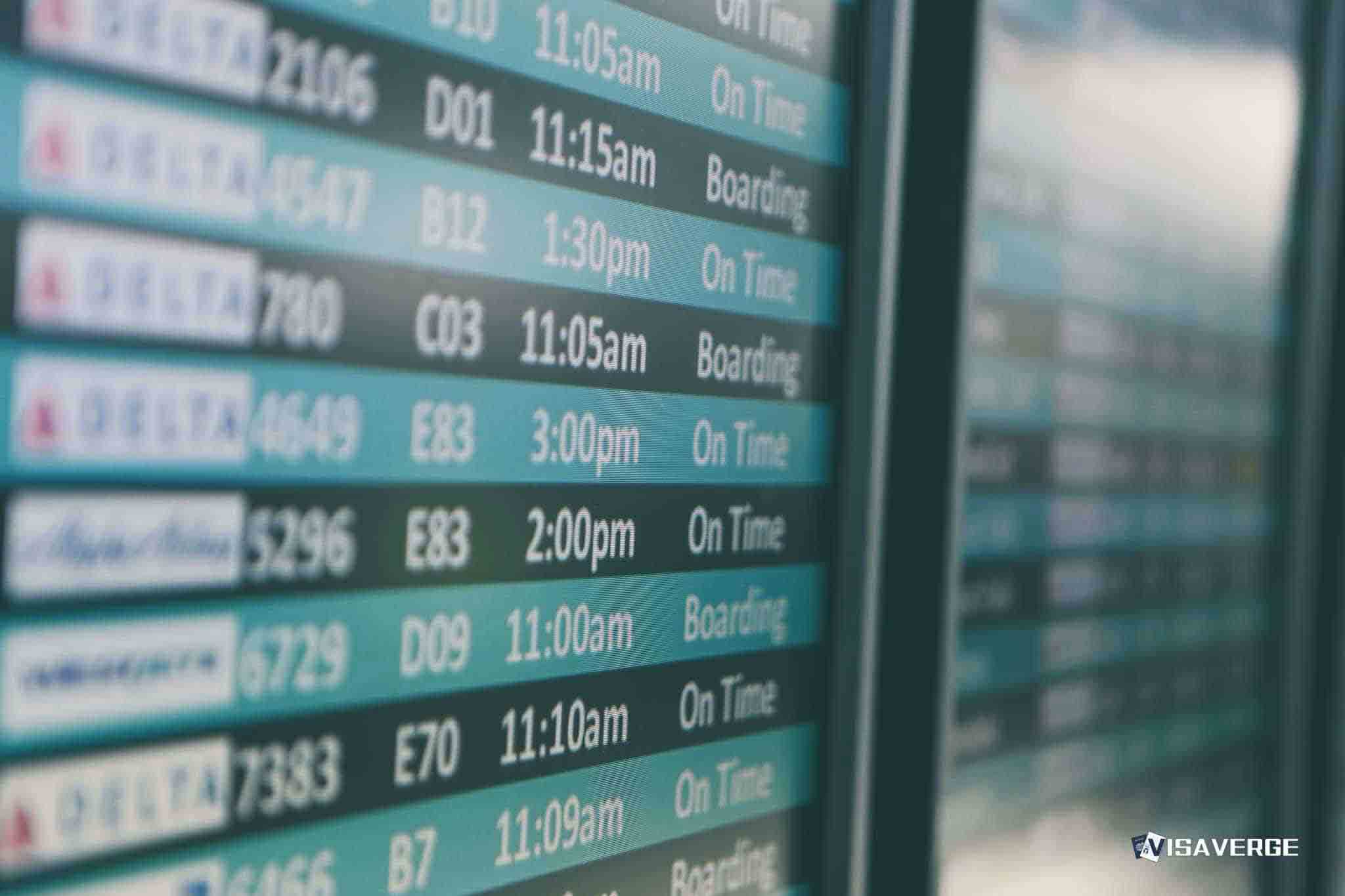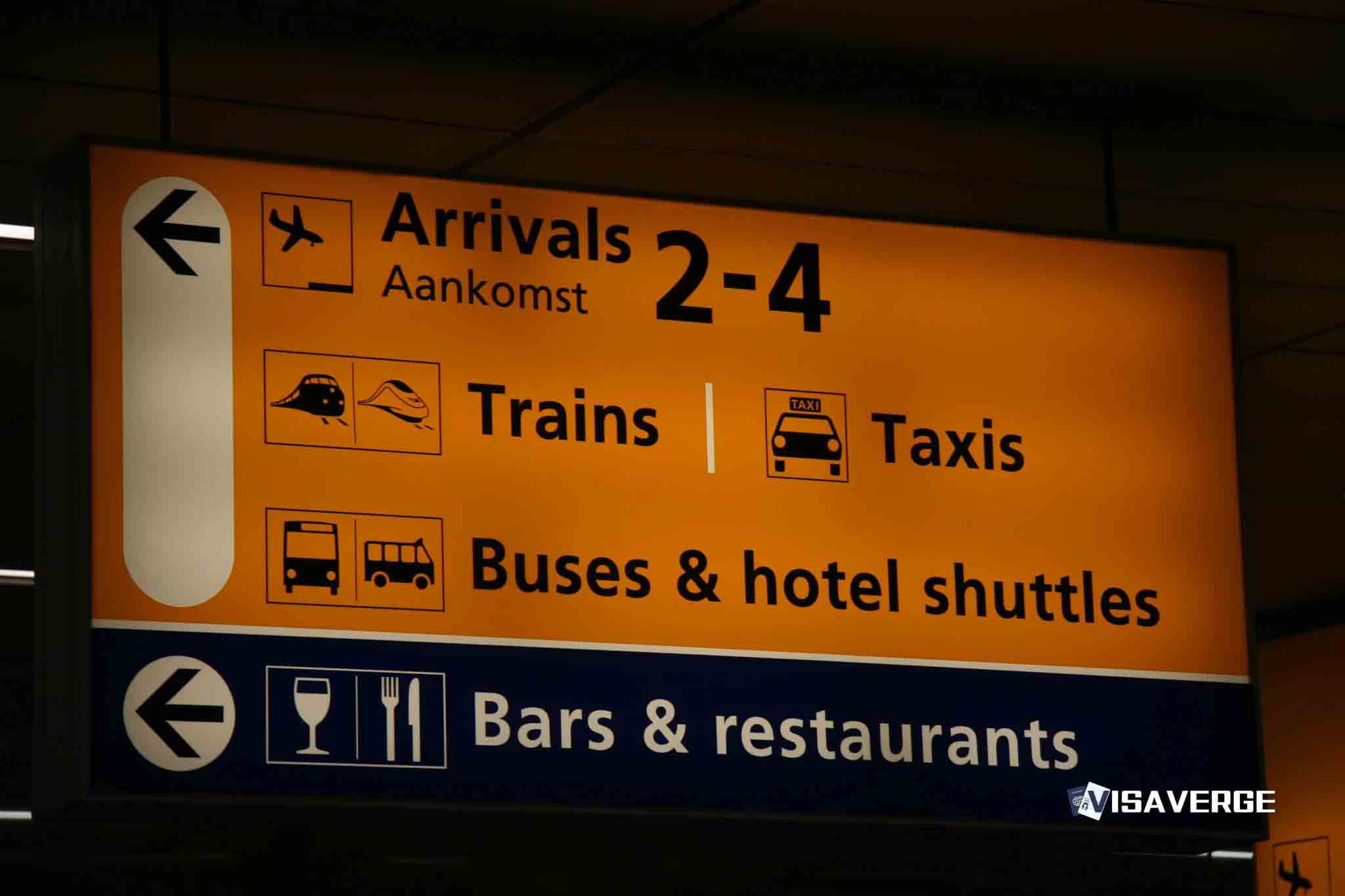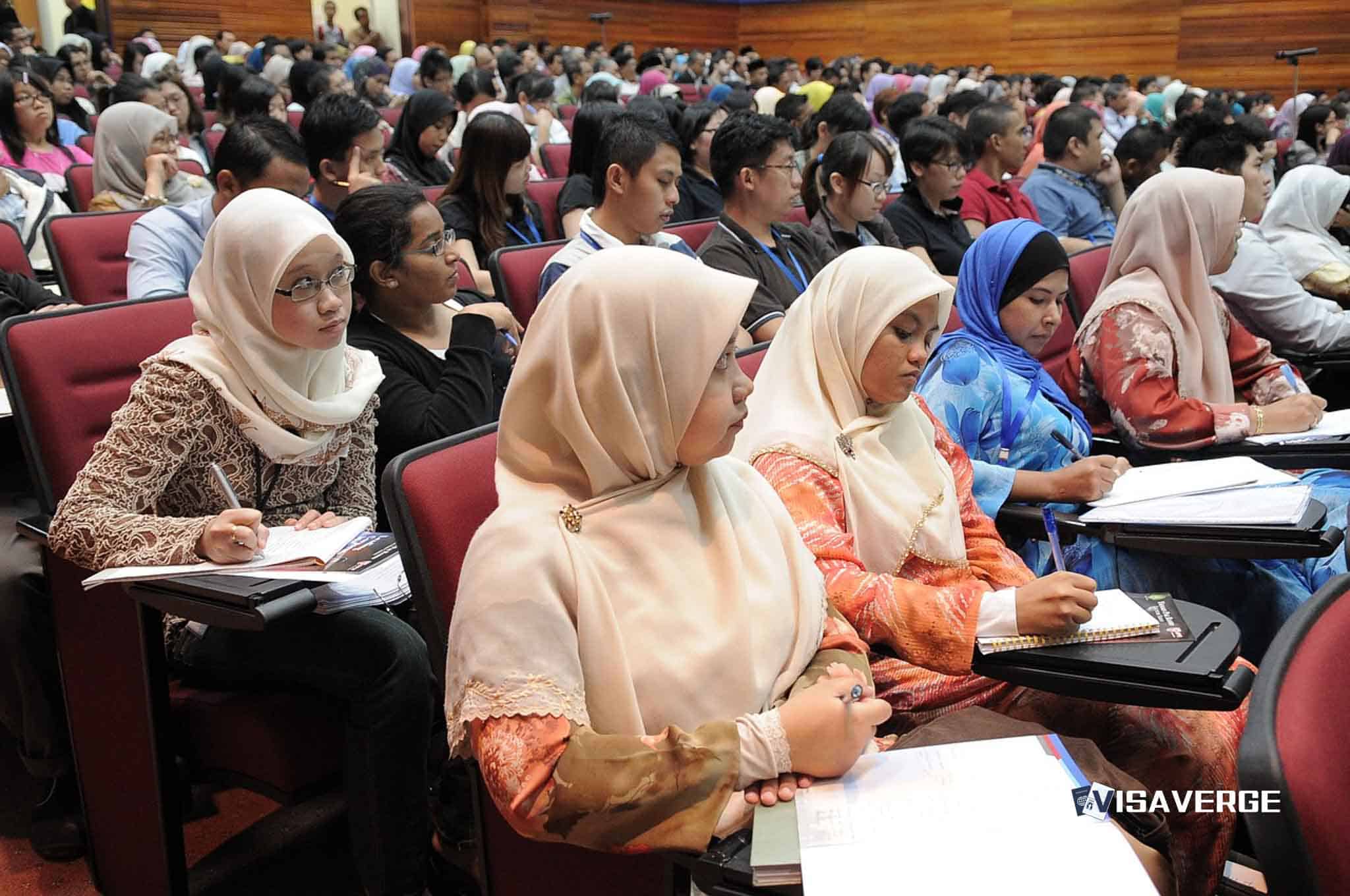The Rise of Plagiarism Among International Students in UK Universities
British universities are grappling with a significant issue that’s casting a shadow on the credibility of their international applicants: plagiarism. In the thick of this lies a startling revelation—a sizable portion of the accused hail from India, marking it as one of the ‘prolific countries of origin for plagiarism’. This group also counts China, Nigeria, and Romania among its members.

What’s more alarming is that the instances of students caught plagiarizing in their admission applications have surged, doubling over the last two years. A personal statement, a crucial part of the admission application to British universities, is where students outline their background, aspirations, and the value they believe a degree would add to their lives. The way a personal statement is crafted can either pave the way for a flourishing academic journey or become a deal-breaker—thus, the high stakes involved may tempt applicants to take shortcuts, like appropriating someone else’s work.
The Troubling Statistics
The numbers speak for themselves. There has been a 15% spike in plagiarism cases coinciding with the introduction of ChatGPT, an advanced AI program capable of generating text. Yet, experts are quick to point out that the problem isn’t novel and certainly didn’t start with ChatGPT’s advent.
Cultural Perspectives and Academic Integrity
Could cultural differences be fueling this trend? It seems plausible, especially when considering Indian students, who come from an education system that doesn’t necessitate personal statements for university applications. Moreover, in some instances, there’s a somewhat lenient view towards borrowing from other people’s works as compared to Western standards of academic integrity.
“The problem is that in India, copying content is a common practice and many students do it as an accepted norm,” remarked Adarsh Khandelwal, an Indian-origin educational expert, shedding light on the prevailing attitudes towards academic integrity among Indian students.
One notable case that stands out occurred two years ago when an Indian student at a prestigious American university faced expulsion for incorporating a paragraph from Abraham Lincoln’s speech into his own work without attribution, aiming to present it as an original piece.
The Consequences of Plagiarism
Plagiarism isn’t a victimless act. It not only undermines the student’s integrity but can also result in severe disciplinary action, ranging from rejection of the application to expulsion from the institution, should the student be admitted. For prospective international students, particularly those from India, these consequences of plagiarism in India and abroad can have devastating impacts on their future academic and professional prospects.
Fostering Academic Honesty
To combat Indian student plagiarism, universities, counselors, and educators are increasingly emphasizing the importance of originality and referencing in academic work. It is crucial to instill the value of academic honesty early on to prevent future misconduct.
However, addressing plagiarism is not solely the responsibility of the students. Educational institutions across the world also hold a critical role in educating international applicants about the severe implications of plagiarism and the expected academic standards in their respective countries. Universities could consider providing additional support and resources to help students from varied educational backgrounds better understand and uphold the principles of academic integrity.
For more information on applying to British universities and guidance on crafting an original personal statement, prospective students can refer to official resources such as the Universities and Colleges Admissions Service (UCAS) website.
Ultimately, fostering a culture that discourages plagiarism and encourages originality and ethical academic practices is essential. As the world becomes increasingly interconnected, the exchange of ideas and knowledge across borders must be rooted in mutual respect and honesty for the sanctity of academia to be preserved.
Learn Today:
Glossary or Definitions
- Plagiarism: The act of using someone else’s work, ideas, or words without giving proper credit or attribution, presenting it as one’s own original work.
-
International Students: Individuals who travel to another country to pursue their education at a higher educational institution.
-
Credibility: The quality of being trusted and believed to be genuine and reliable.
-
Countries of origin: The countries from which individuals immigrate or originate.
-
Personal statement: A written essay or statement submitted as part of a university application, where students outline their background, aspirations, and the value they believe a degree would add to their lives.
-
Admission application: The process of applying for admission or enrollment to a university or educational institution.
-
Deal-breaker: Something that prevents a positive outcome due to its negative impact or consequence.
-
Shortcut: A way of completing a task more quickly or easily, often by disregarding proper procedures or standards.
-
Plagiarism cases: Instances where plagiarism has been identified or suspected.
-
AI program: Artificial Intelligence program, a computer program designed to perform tasks that would typically require human intelligence.
-
Academic integrity: The adherence to ethical standards and principles in academic settings, including honesty, fairness, and the accurate attribution of sources.
-
Cultural differences: Distinctions and variations in values, beliefs, norms, behaviors, and practices between different cultures.
-
Education system: The structure, organization, and methods used in a country’s educational institutions.
-
Attitudes towards academic integrity: The beliefs, opinions, and norms related to honesty, originality, and proper attribution of sources in academic work.
-
Expulsion: The act of being dismissed or removed from an educational institution due to disciplinary reasons.
-
Attribution: The act of giving credit to the original author or source of information used in academic work.
-
Academic work: Assignments, papers, research, and other forms of scholarly output produced by students and scholars.
-
Disciplinary action: Punitive measures or consequences imposed by educational institutions in response to violating rules or standards.
-
Educational background: The previous educational experiences and qualifications of an individual.
-
Academic standards: The established norms and expectations for academic work, including originality, proper citation, and academic honesty.
-
Academic honesty: Behaving with integrity and adhering to ethical standards in academic work, including proper citation and not engaging in plagiarism.
-
Educational institutions: Organizations, such as universities and colleges, that provide formal education and training.
-
Resources: Materials, support, or tools that can assist individuals in their academic endeavors.
-
Universities and Colleges Admissions Service (UCAS): An official resource in the UK that provides guidance and information for students applying to universities and colleges.
-
Originality: The quality of being new, unique, and not derived from someone else’s work.
-
Ethical academic practices: Behaviors and actions that align with moral standards and principles in the academic environment, including originality, attribution, and honesty.
In conclusion, plagiarism among international students in UK universities is a pressing issue that demands attention. Cultural perspectives and the high stakes of admission applications may contribute to this trend. Fostering academic honesty and educating students about the consequences of plagiarism are crucial steps towards building a culture of integrity. If you want to delve deeper into the topic or explore more on applying to British universities, visit visaverge.com for expert guidance and resources.
This Article in a Nutshell:
Plagiarism among international students in UK universities is on the rise, with countries like India, China, Nigeria, and Romania being prominent. Instances of plagiarism in admission applications have doubled in the past two years. Cultural differences and lack of awareness contribute to this issue. Education institutions should educate students about academic integrity.








